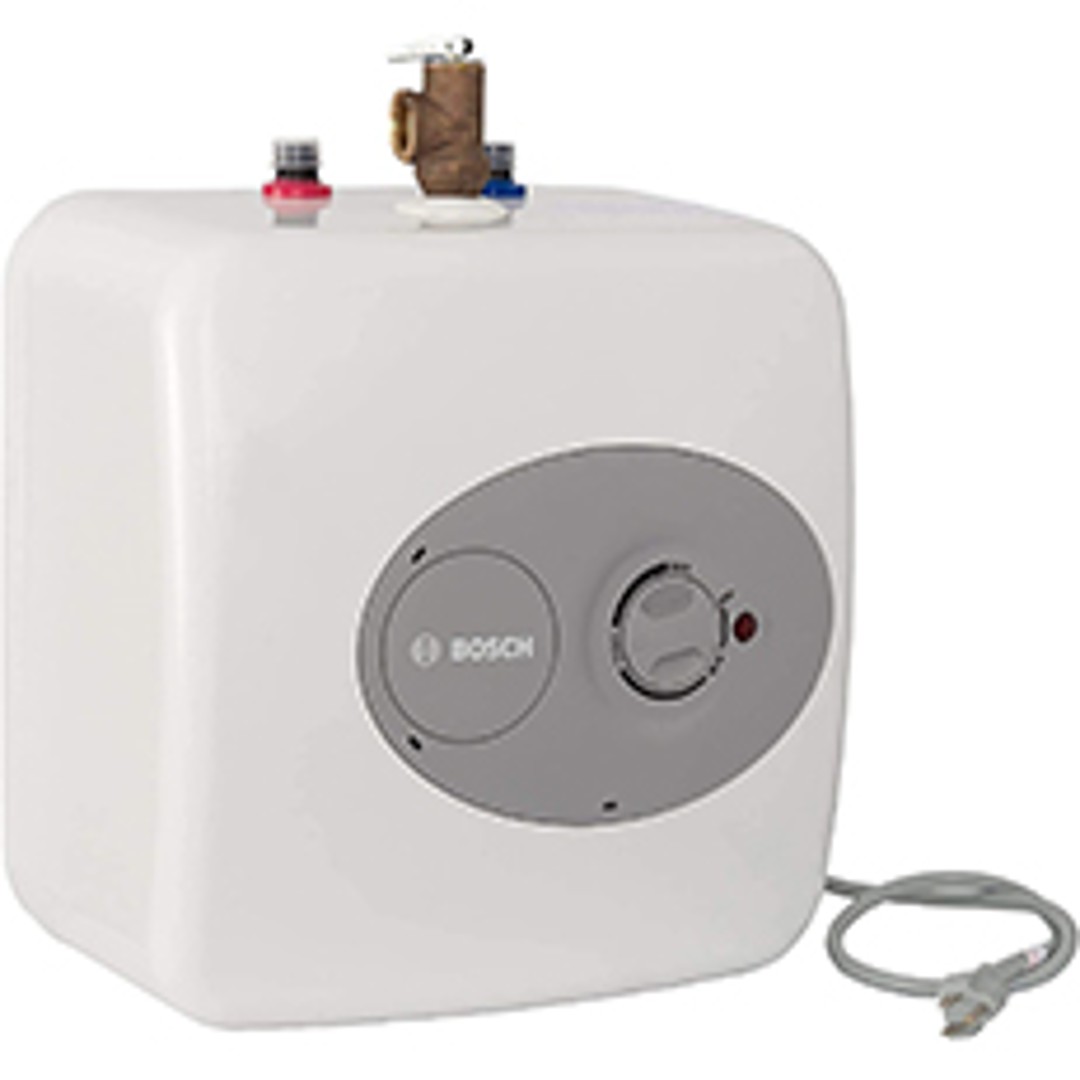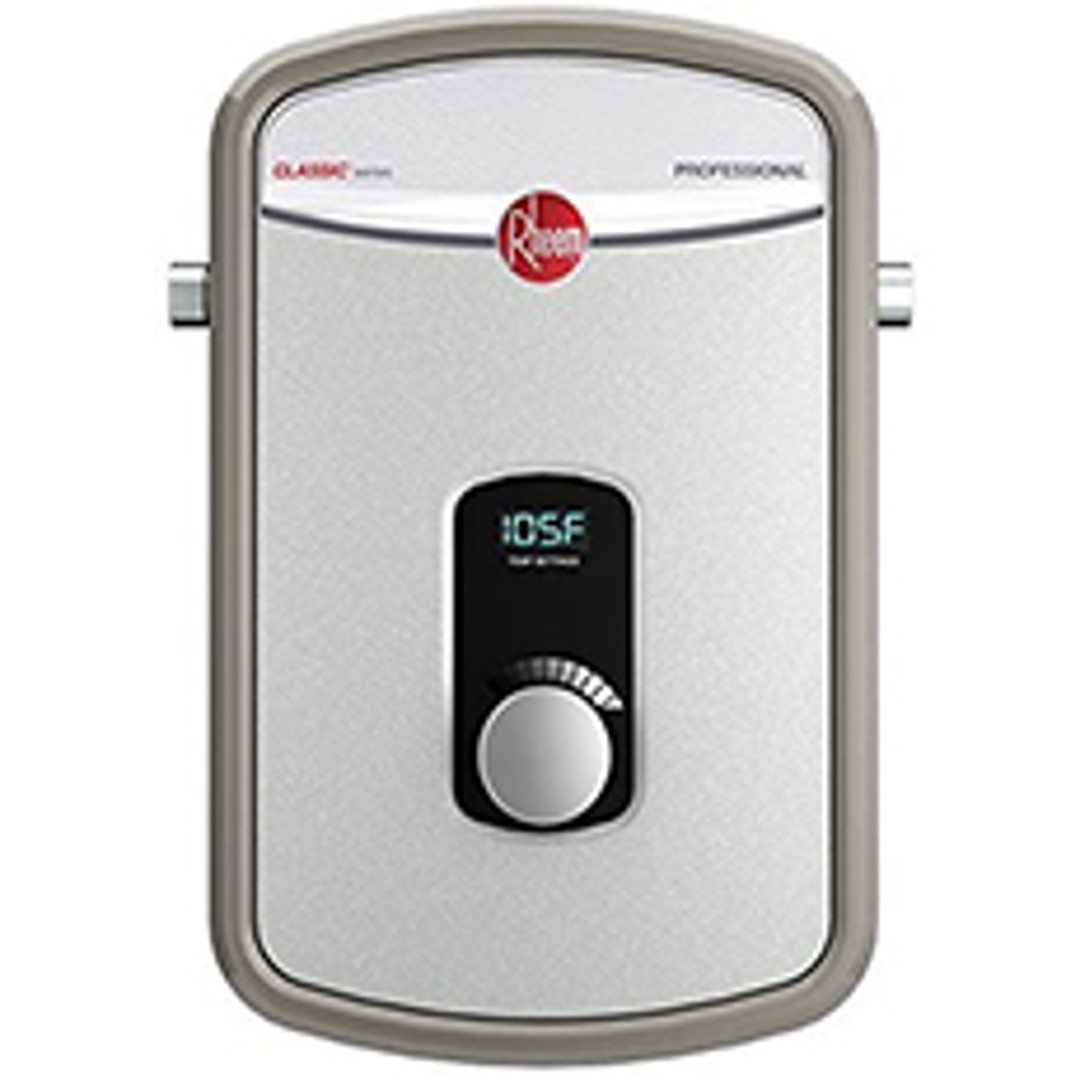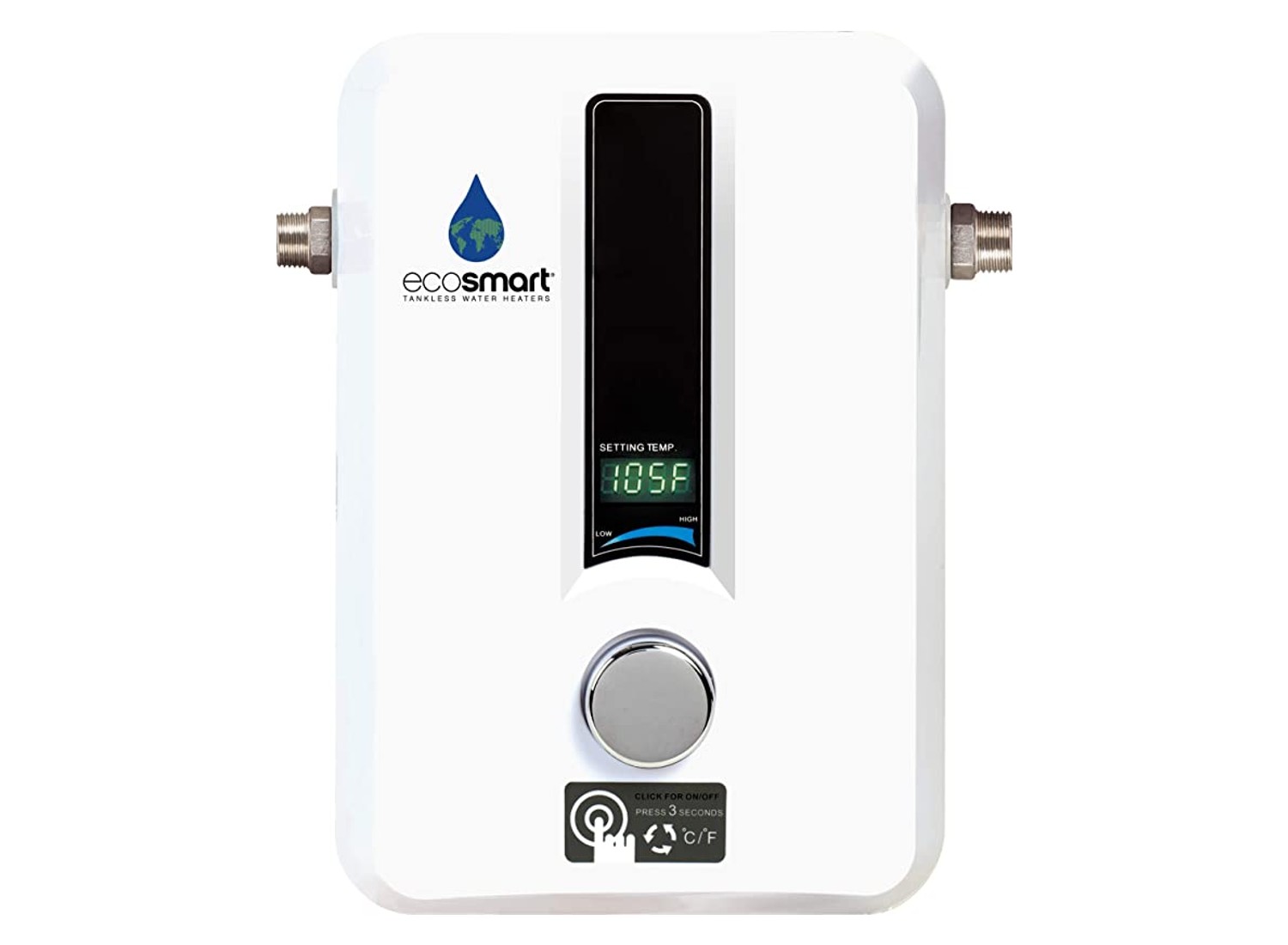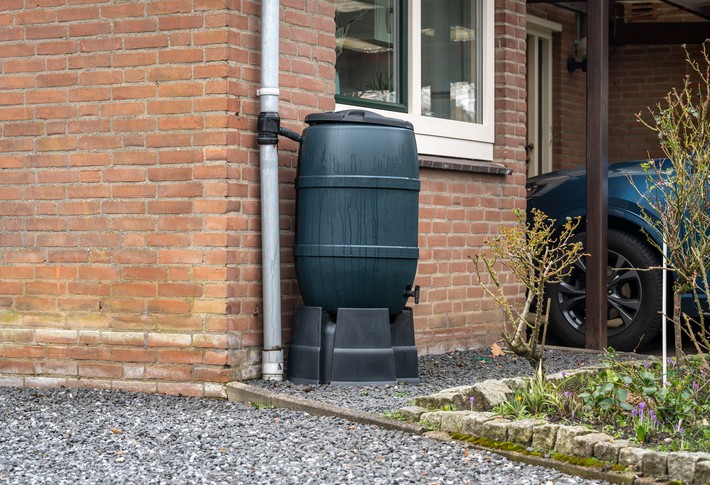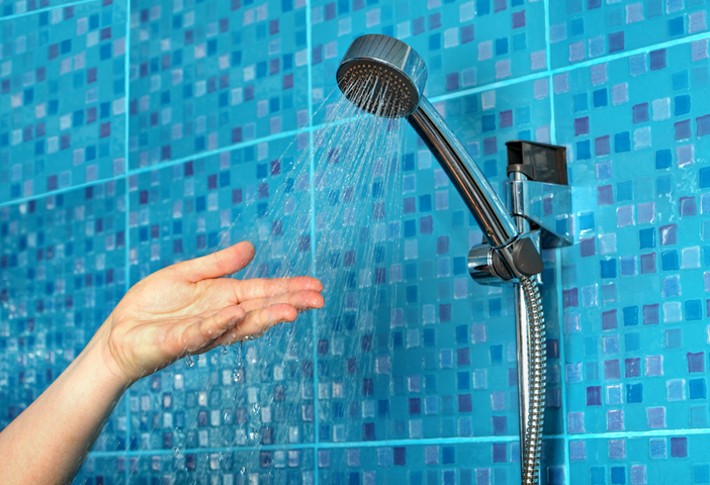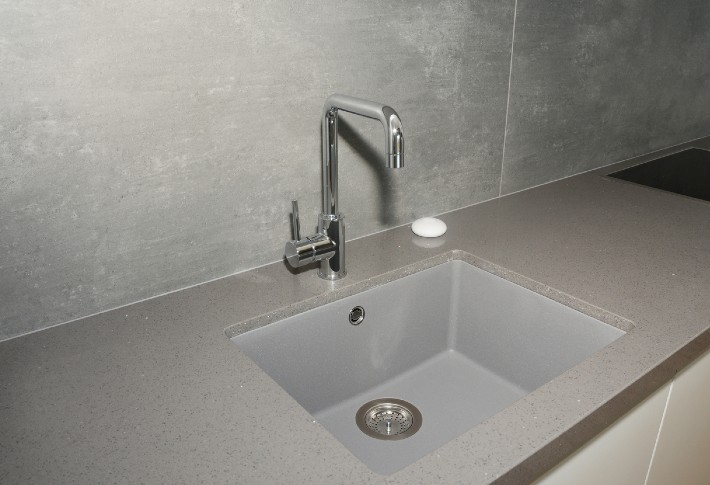The Best Tankless Water Heaters of 2023 to Keep Warm Water Flowing
Are you considering making the switch to a tankless water heater? You’re likely looking for great energy efficiency and endless hot water. Whether you’re looking for an energy-saving solution to your hot water needs or just want something that won’t take up much space in your home, investing in a tankless water heater can be one of the best decisions you make when it comes to comfort and efficiency. With the plethora of tankless water heaters available on today’s market, it can be overwhelming to figure out which one is right for you. To help you make an informed decision, we’ve rounded up some of the best tankless water heaters so that you can compare all their aspects and select a new system with ease. Keep reading to see our top picks for the best tankless water heaters of 2023.
Our Top Picks for Tankless Water Heaters in 2023
Bosch Electric Mini Tankless Water Heater
– Best OverallThe Bosch Tronic 3000 T is the hero for your instant hot water needs! You can use this tankless heater in three different applications. Use it under a single sink or with your shower, as a supplement to an existing water heater located far from your target tap, or for cold-water sandwiching.
Although this heater functions as a tankless heater, the Bosch Tronic 3000 T has a hidden mini-tank inside. It’s available in 3 different sizes: 2.5, 4, and 7 gallons, and it packs a seamless 98% thermal efficiency and can be connected to two sinks at a time. Moreover, you can mount it on the wall and the floor (bracket included). We’re giving this water heater our best overall position for its effectiveness, great value, and high efficiency.
- 98% thermal efficiency
- On-demand hot water within a 30-seconds
- Easy installation
- 6-year warranty on repair/maintenance
- The warranty only applies if it is installed by an authorized dealer
Rheem Tankless Water Heater
– Highest Energy SavingsThe Rheem 240V is a modern tankless heater that comes with an LED display and an adjustable digital thermostatic control for straightforward operation. It’s efficient, easy to install, threaded for easy replacement, and has an excellent rate of water flow. This tankless water heater is 99.8% more energy efficient than conventional ones, and it features self-modulated power control to save energy within your whole house.
This heater consists of two heating elements made of immersed copper for up to 3.17 GPM water flow, maximizing the hot water you receive. Apart from its digital control panel, this water heater also displays the temperature rise on its LED screen for extra clarity. It also features +/- 1-degree accuracy controls, and its installation is super simple, with NPT adapters and instructions included.
- Ideal for single or multiple point-of-use
- The water temperature can reach 140 degrees
- Hassle-free digital controls
- Heater may become inaccurate after long run times
EcoSmart Tankless Water Heater
– Affordable OptionSave up to 60% on heating costs with this electric tankless water heater by EcoSmart, which heats up to 2 gallons of water per minute. That’s incredible and exactly what I’m looking for in a water heater! Besides its heating capacity, this water heater’s digital temperature control is also amazing as you can set the temperature according to your preference. This tankless heater isalso wall mountable and saves you a lot of floor space and features self-modulating technology, so it only uses the minimum amount of energy required. Essentially you’ll save on space and money at the same time. The best part of this water heater? Well, besides the price, it comes with a lifetime warranty meaning you’ll never run out of hot water!
- The heater comes with a lifetime warranty
- Very energy efficient
- Operates on patented self-modulating technology
- Not the best choice for areas with hard-water conditions
Premier Tankless Water Heaters Buying Guide
How Did We Select the Best Tankless Water Heaters?
We choose the best tankless water heaters based on the typical hot water needs of the average person. That said, every person has a different budget, wants, and needs than the next, and there are dozens of different heater models and sizes available. Therefore, in order to pick the best tankless hot water heating unit or system, keep in mind a few critical factors before finalizing your purchase.
What Are the Different Types of Tankless Water Heaters?
Electric
If you decide to go for an electric tankless water heater, analyze the amperage, voltage, and circuit breaker requirements carefully before buying. Most of the devices will vary from 110V to 277V. Each model has different requirements for their electric element. Make sure that your house’s electricity system can manage the water heater and heating element you’re going for. Electricity cost and capacity aren’t issues where I live, so this is the heater type for me.
Before purchasing an electric heater, make sure you have a circuit available that will handle the tankless water heater. Consult an authorized electrician to verify that you know the specs of your house systems. Doing so will optimize the usage of electric models and your particular electric tankless water heater model’s electric element.
Gas-powered
If you decide to purchase a gas-powered tankless heater, consider the gas types and venting requirements. If you’re going with gas units, first think about your house’s gas type – propane or natural gas. Gas-powered heaters may heat faster than electric ones at first but can have trouble maintaining heat later. I’ve got little issue waiting a moment before my water heats up, so gas probably isn’t for me.
If you’re going with gas, inspect your gas valve and line to ensure it will satisfy the requirements of a brand-new addition from a selection of gas tankless water heaters. In terms of combustion, gas tankless water heaters don’t rely on an indoor air supply. However, you do still need to vent these types of hot water heaters.
How To Choose a Water Heater With the Right Flow Rate
It’s important to choose a water heater with a flow rate that aligns well with the taps in your home and your water usage. If the water doesn’t get hot enough, or if flow rates are too low or too high, the heater won’t work properly. Each product has its own temperature rise limit and flow rate. For example, a shower might have a demand of 4 gallons per minute, while a dishwasher may only demand 1.5 gallons per minute at 100 degrees. By discovering the precise flow rate, you’ll be able to avoid any future problems. Also, it never hurts to discuss these matters with your plumber and have a second opinion, just in case.
How Do You Maintain a Tankless Water Heater?
Doing regular maintenance for your tankless water heater is a must if you care about its longevity. Ideally, you should have a maintenance session at least twice a year. Search for some tips online about what you can do to make sure your heater withstands wear and tear. You want it to bring you hot water season after season. Most manufacturers also provide a repair/maintenance warranty for their customers, just in case things go south.
What Are the Benefits of Tankless Water Heaters?
Endless hot water
A hot water system that utilizes a simple tank can only provide as much hot water as the tank can handle. Since your heater is only as good as your tank’s capacity, your whole house could run out of hot water all the time. Conversely, a tankless system heats water as you need it, which means you will have hot water on demand, wherever, whenever! This is a major reason why I love my tankless water heater. No fuss about cold water after my family has showered and used all the heat up.
Reduced energy bill fees
Even though tankless water heaters cost more than traditional tank heaters, they can save you cash on your utility bills. Tank heaters continually heat water, even if you are not using them. On the contrary, the tankless system only heats the water when you need it, boosting the energy efficiency of these compact gadgets. This is the best financial reason to get a tankless heater. I know that upfront costs may be high, but costs down the line are low enough to make it worth it for most.
Compact designs
While a regular tank system uses up a significant amount of space, the tankless system can fit in a corner of your bathroom or even beneath your kitchen sink. On-demand water heaters come in both wall-mount and floor-mount options. My is in my kitchen and saves a ton of space!
If you’d like to learn more about how a tankless water heater can benefit your home, check out this video from the Twin Home Experts on tanked versus tankless hot water heaters:
People Also Asked
A: Like any other product, tankless water heaters can vary in their price. You can find them from $200 to over $1,500. Keep in mind, if you aren't equipped to deal with the installation process on your own, you're looking at a couple more hundred bucks.
A: A tankless water heater is mainly designed to heat up the water so fast that you won't need a storage tank. Tankless water heaters can either be gas or electrically-powered. In both situations, the cold water runs into the tankless unit, and it momentarily heats up the water as it passes through, utilizing the unit's heat exchanger and mixing valve. Afterward, the water flows out of your hot water tap, and it is delivered heated and ready to be used throughout your whole house. Because of the heat exchanger and this process, the tankless water heaters are able to distribute a continuous supply of hot water, unlike traditional hot water heaters. By owning a tankless water heater, you won't need to wait for hot water anymore; instead, you'll be able to get hot water straight away in a couple of seconds. The energy efficiency of on-demand water heaters can help to make your day easier.
A: If you have no expertise in tankless water heaters and have never installed something similar before, we would suggest you call a professional to do the job. This way, you will be stress-free and confident that your hot water system was installed properly and efficiently.
A: The gas-burning water heaters have a lifespan of around 15 years - and even higher at times. Electric water heaters, on the other hand, generally have a relatively shorter life span of around 8 years.
A: By utilizing tankless water heaters, you can save money in the long run, but primary costs are a lot more expensive than regular tank models. Even if you're conventional in your water use, the tankless water heater should have 24% – 34% more energy efficiency. According to the U.S. Department of Energy, on-demand (tankless) water heaters can certainly save a lot of money overall.

